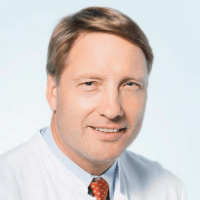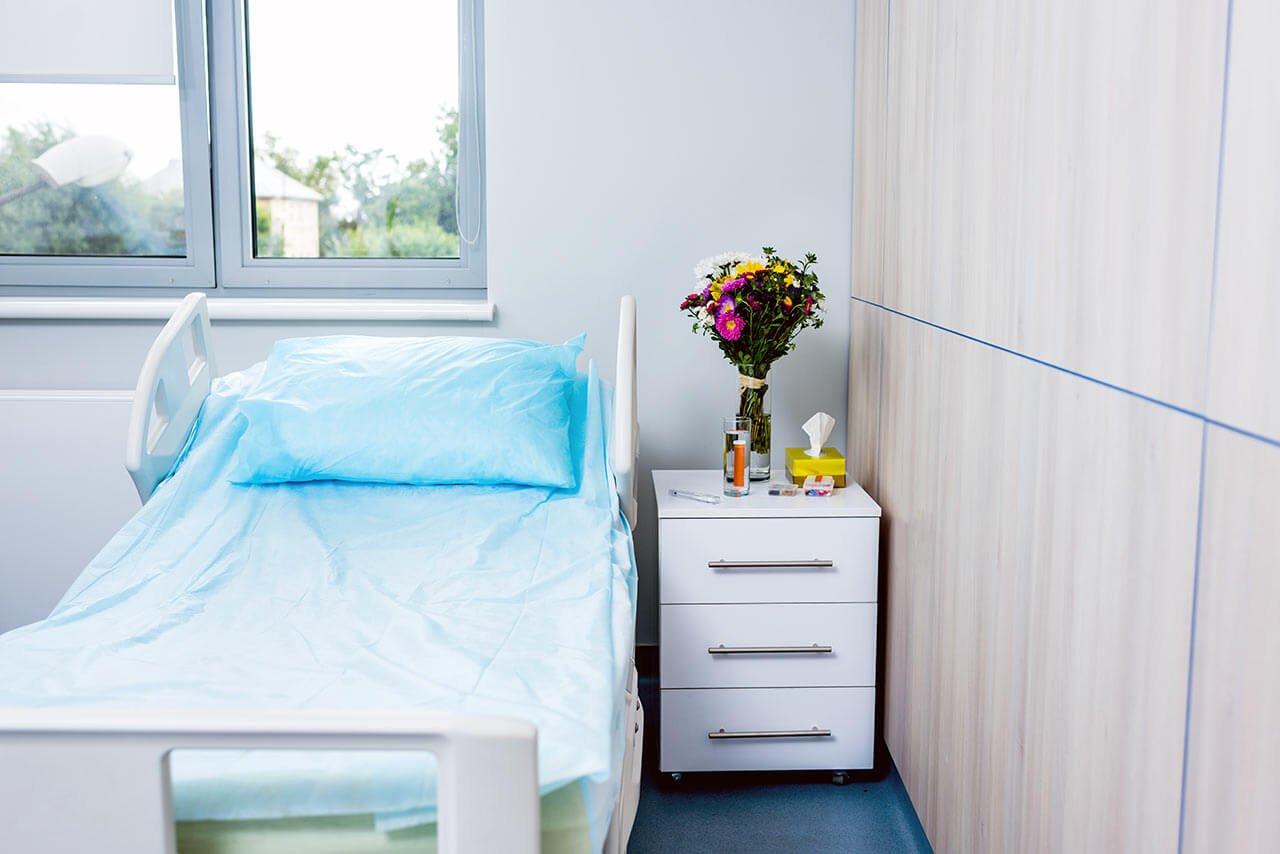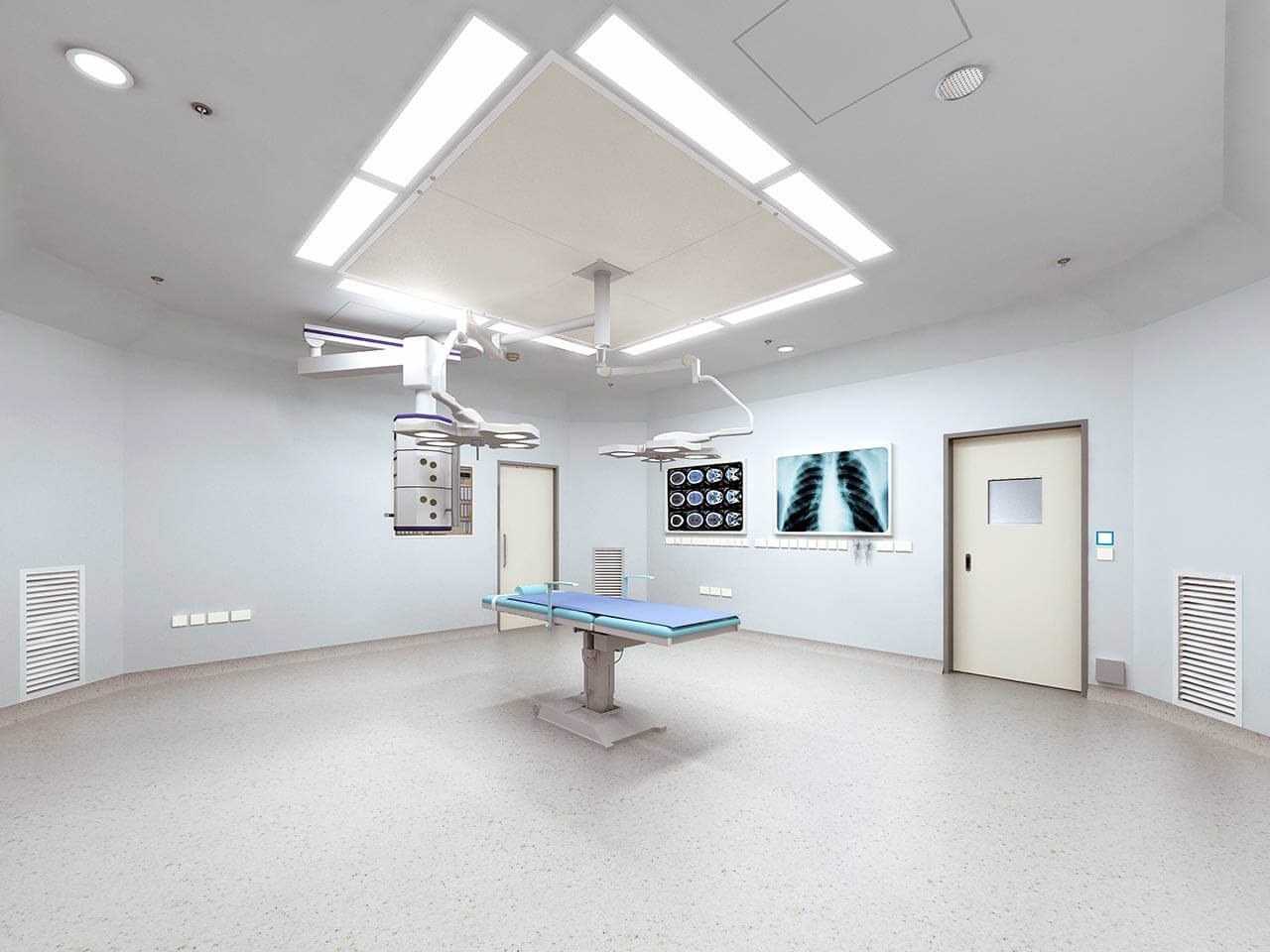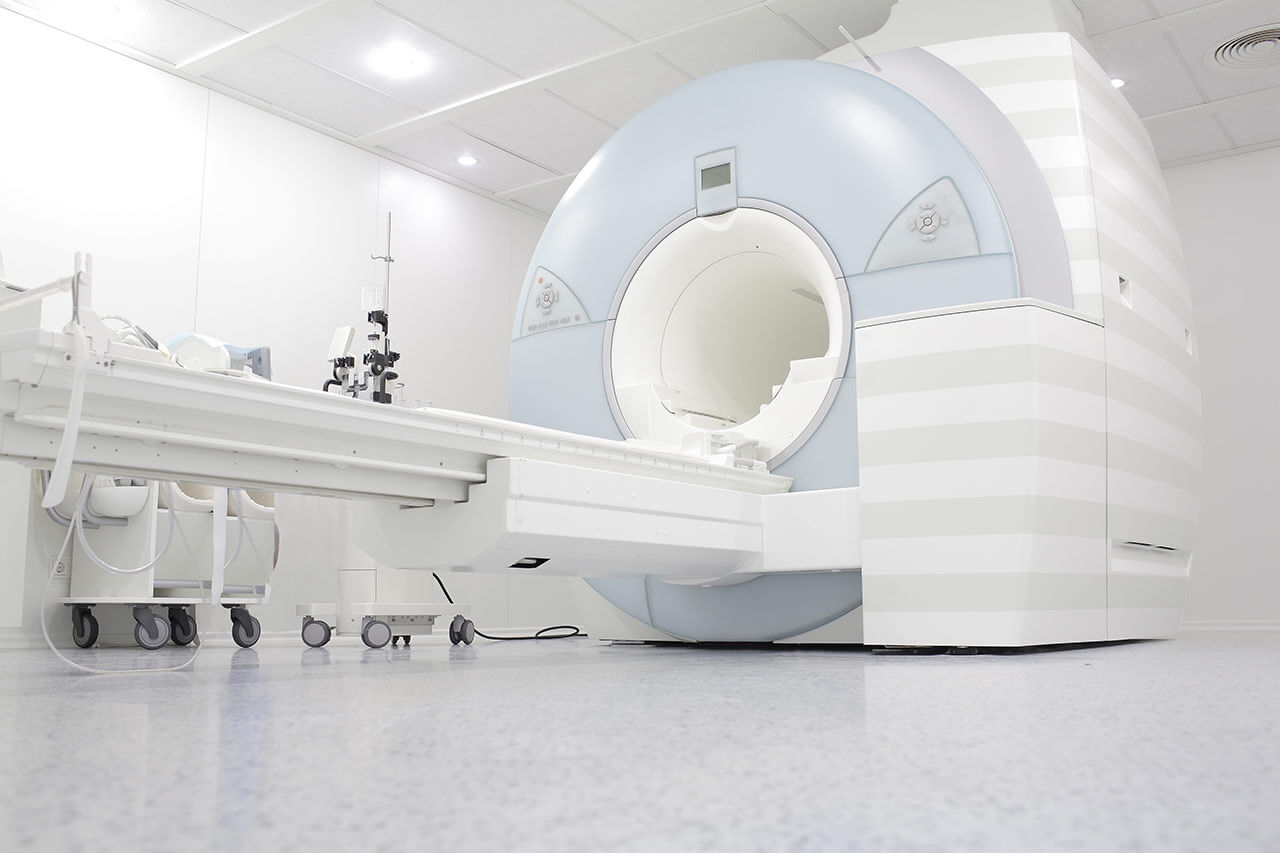
About the Department of Cardiology and Pulmonology at Hospital Neuperlach Munich
The Department of Cardiology and Pulmonology at the Hospital Neuperlach Munich provides the full range of diagnostic and therapeutic services for patients with diseases of the cardiovascular system and lungs. In the field of cardiology, key attention is paid to the treatment of valvular heart disease, arrhythmias, heart failure, coronary artery disease, arterial hypertension and aortic diseases. The department's pulmonologists mostly deal with the treatment of pneumonia, bronchial asthma and chronic obstructive pulmonary disease. In addition, the department operates an Intensive Care Unit, within which patients can receive artificial ventilation, renal replacement therapy and procedures for maintenance of blood flow. The department's Chest Pain Unit is certified by the German Cardiac Society and provides medical care to patients with acute coronary syndrome. The department successfully uses in its clinical practice both proven classical treatments and innovative medical achievements, which are available only in leading European hospitals. The department's medical team provides treatment to more than 3,200 patients every year.
The Chief Physician of the department is Prof. Dr. med. Stefan Sack. The specialist is distinguished not only by outstanding successes in the treatment of heart pathologies, but also by an important contribution to the development of modern medicine. The doctor personally took part in the development of cardiac resynchronization therapy for the treatment of severe types of heart failure. In addition, he is the developer of the Herz Handy® mobile phone with additional telemedicine functions, which was patented according to European standards.
Many patients are admitted to the department with suspected valvular heart disease. To assess the condition of the heart valve, the doctors usually conduct classical echocardiography, transesophageal echocardiography and 3D ultrasound scanning. The department includes a modern Cardiac Catheterization Laboratory with modern equipment for catheter-assisted treatment of heart valve defects and diseases without open surgery. It should be noted that this type of treatment is an excellent alternative for high-risk patients with contraindications for surgery. To repair aortic valve stenosis, the department's cardiologists perform an innovative procedure – transcatheter aortic valve implantation (TAVI), while the MitraClip technique is used as a non-surgical treatment method for mitral regurgitation. The patients with mitral valve stenosis can undergo balloon valvuloplasty. In addition, the specialists of Cardiac Catheterization Laboratory perform interventional procedures to close atrial septal defect and patent foramen ovale. The main advantage of the above mentioned therapeutic techniques is that they do not require thoracotomy, since access is provided through the femoral artery using a catheter.
The department's specialists often deal with the treatment of patients suffering from heart failure. The first stage of treatment is comprehensive diagnostics, including echocardiography, cardiac catheterization, cardiac MRI and, if required, myocardial biopsy. The first line treatment is drug therapy with modern medicines. The main task of the department's cardiologists is the selection of the most effective medications, the intake of which will help the patient to normalize heart function, alleviate symptoms and lead a full life. If drug therapy does not give the desired result, the patient will be offered cardiac resynchronization therapy. The procedure involves placement of a special biventricular pacemaker through a small skin incision, which improves heart functioning and helps the patient to get rid of pain and discomfort. The implantation of the biventricular pacemaker does not require general anesthesia, and the patient can leave the department within a few hours after the intervention. In especially severe types of heart failure, which can cause the development of life-threatening arrhythmias, a defibrillator is implanted.
To provide medical care to the patients with acute coronary syndrome and myocardial infarction, the department has a specialized Chest Pain Unit with advanced equipment and experienced doctors who have the necessary professional skills to improve the condition of such patients and prevent death. The patients admitted to the department with acute myocardial infarction usually undergo catheter-assisted procedures, which can restore blood supply to the myocardium and significantly improve the patient's condition. It should be noted that the department's Chest Pain Unit is certified in accordance with the requirements of the German Cardiac Society. In addition, the department is one of the first in Munich that has been providing invasive therapy of myocardial infarction since 1999. The exceptional competence of cardiologists and impressive financial investments in state-of-the-art medical equipment ensure thу provision of effective medical care to even the most severe patients with acute coronary syndrome and myocardial infarction.
Pulmonology is an integral part of the department's clinical practice as well. The most common lung and airway pathologies treated in the department include pneumonia, bronchial asthma and chronic obstructive pulmonary disease (COPD). The department has excellent diagnostic options for the accurate diagnostics and prescription of the most effective treatment. The department conducts pulmonary function testing, body plethysmography, spiroergometry, bronchoscopy with biopsy, CT and MRI scans. In most cases, pulmonologists use drug therapy. The patients in severe condition undergo artificial lung ventilation, including long-term and non-invasive ventilation.
The department's range of medical services includes:
- Cardiac diagnostics
- Echocardiography, including transesophageal echocardiography, stress echocardiography, 3D and 4D echocardiography
- Cardiac catheterization
- Cardiac CT and MRI
- Myocardial biopsy
- Intravascular ultrasound and optical coherence tomography
- Fractional flow reserve measurement
- Follow-up tests for the assessment of the functioning of pacemakers, defibrillators and systems for cardiac resynchronization therapy
- Therapeutic cardiac procedures
- All cardiac catheterisation procedures, including balloon dilatation and stent implantation for coronary artery disease, rotablation
- Emergency care for acute coronary syndrome and myocardial infarction
- Interventional procedures for the treatment of heart valve pathologies
- Transcatheter aortic valve implantation (TAVI)
- MitraClip for the treatment of mitral regurgitation
- Balloon valvuloplasty for mitral valve stenosis
- Catheter-assisted procedures for atrial septal defect and patent foramen ovale closure
- Preparation and follow-up monitoring after open heart surgery
- Pulmonary diagnostics
- Pulmonary function testing
- Body plethysmography
- Spiroergometry
- Bronchoscopy, including bronchoscopy with biopsy
- CT and MRI
- Therapeutic pulmonary procedures
- Drug therapy for pneumonia, bronchial asthma and chronic obstructive pulmonary disease
- Artificial lung ventilation, including long-term and non-invasive ventilation
- Extracorporeal membrane oxygenation
- Other medical services
Curriculum vitae
Since May 1, 2019, Prof. Dr. med. Stefan Sack has been heading the Department of Cardiology and Pulmonology at the Hospital Neuperlach Munich. From 2008 to 2019, he headed the Department of Cardiology and Pulmonology at the Hospital Schwabing Munich. The specialist made a significant contribution to the development of cardiac resynchronization therapy for the treatment of severe forms of heart failure. On April 24, 1999, in collaboration with colleagues in cardiac surgery, he managed to perform the world's first implantation of a system for cardiac resynchronization therapy. The specialist is also the developer of the Herz Handy® mobile phone with additional telemedicine functions, which was patented in 2002 according to European standards.
Of particular clinical interest to Prof. Sack are such minimally invasive interventional procedures as balloon dilation and stent implantation for coronary artery disease, renal artery stenosis and peripheral artery disease, closure of atrial septal defects, high-speed rotational atherectomy, valvuloplasty, aortic stenting. In 2005, Prof. Sack and his medical team successfully implanted a Cribier Edwards bioprosthesis with inguinal access to an 86-year-old patient for the first time in Germany.
In 2006, Prof. Stefan Sack became a certified cardiologist of the European Society of Cardiology. In 2007 he was appointed as a Fellow of the European Society of Cardiology, and in 2008 he became a Professor.
Photo of the doctor: (c) München Klinik Neuperlach





